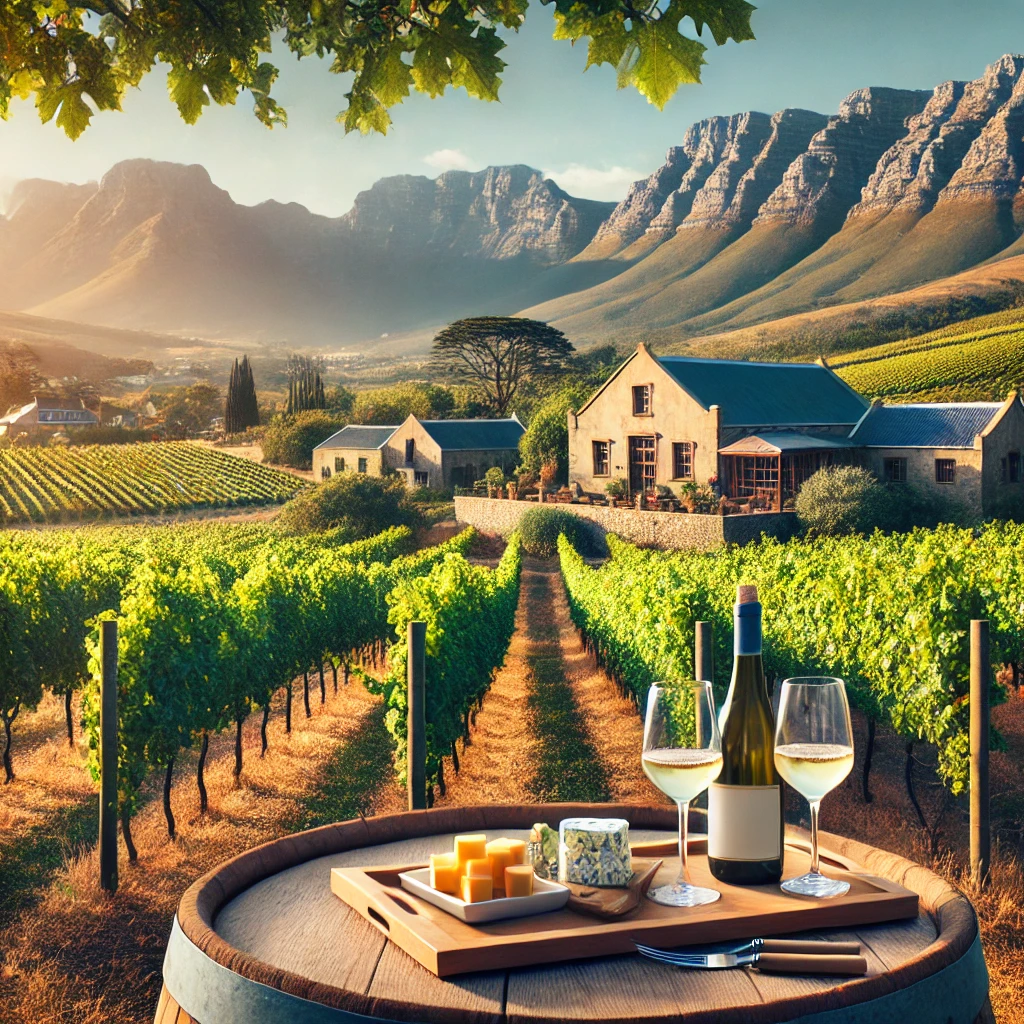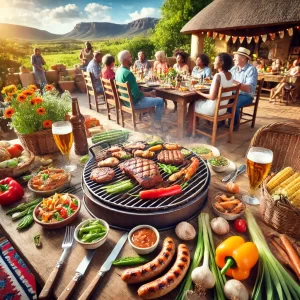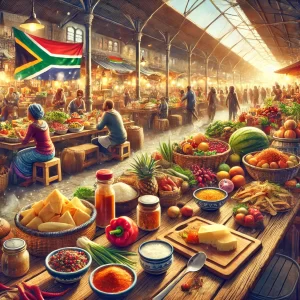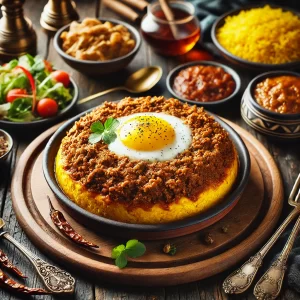South Africa’s Western Cape is renowned for its stunning landscapes, rich history, and, most notably, its world-class wines. The region’s unique climate and diverse terroir make it an ideal location for viticulture, producing wines that are celebrated both locally and internationally. In this article, we’ll explore the wine culture of the Western Cape, highlighting some of the most famous wine estates, popular varietals, and tips for enjoying South African wines.
The History of South African Wine
The history of wine in South Africa dates back to the 17th century when Dutch settlers planted the first vineyards in the Cape. The industry grew under the influence of French Huguenots, who brought their winemaking expertise to the region. Today, the Western Cape is home to several wine-producing areas, each with its own unique characteristics and signature wines.
Key Wine Regions in the Western Cape
- Stellenbosch Stellenbosch is one of South Africa’s most famous wine regions, known for its picturesque vineyards and historic wine estates. The region produces a variety of wines, but it is particularly renowned for its robust red wines, including Cabernet Sauvignon, Merlot, and Pinotage, a uniquely South African varietal.
- Paarl Paarl is another prominent wine region, famous for its Shiraz and Chenin Blanc. The region’s warm climate and fertile soils contribute to the production of rich, full-bodied wines. Paarl is also home to some of the oldest wine estates in South Africa, offering a blend of tradition and innovation.
- Franschhoek Known as the “French Corner” of the Cape, Franschhoek was settled by French Huguenots and retains a strong French influence. The region is celebrated for its sparkling wines and elegant whites, such as Sauvignon Blanc and Chardonnay. Franschhoek is also a culinary destination, with many wine estates offering gourmet dining experiences.
- Constantia Constantia, located near Cape Town, is the oldest wine-producing region in the Southern Hemisphere. The region is renowned for its sweet dessert wines, particularly the legendary Vin de Constance. Constantia’s cool climate also produces exceptional Sauvignon Blanc and Semillon.
Popular South African Wine Varietals
- Pinotage: A uniquely South African grape, Pinotage is a cross between Pinot Noir and Cinsault. It produces wines that are rich and full-bodied, with flavors of dark fruit, smoke, and chocolate.
- Chenin Blanc: One of South Africa’s most widely planted white varietals, Chenin Blanc is versatile and can range from dry and crisp to sweet and luscious.
- Shiraz: Known for its bold and spicy character, Shiraz from the Western Cape often features flavors of black pepper, dark berries, and a hint of smokiness.
- Sauvignon Blanc: South African Sauvignon Blanc is known for its vibrant acidity and tropical fruit flavors, making it a refreshing choice for warm weather.
Wine Tasting Tips
- Visit Wine Estates: Touring wine estates is a great way to learn about the winemaking process and sample a variety of wines. Many estates offer guided tastings and cellar tours.
- Pair with Local Cuisine: South African wines pair beautifully with local dishes. Try a Stellenbosch Cabernet Sauvignon with a hearty braai or a Franschhoek Sauvignon Blanc with fresh seafood.
- Explore Different Styles: Don’t be afraid to try different wine styles, from robust reds to crisp whites and sparkling wines. Each region and varietal offers a unique experience.
- Attend Wine Festivals: The Western Cape hosts several wine festivals throughout the year, providing an opportunity to taste a wide range of wines and meet winemakers.
Conclusion
The Western Cape’s wine culture is a testament to South Africa’s rich viticultural heritage and innovative spirit. Whether you’re a seasoned wine enthusiast or a curious newcomer, exploring the wines of the Western Cape offers a delightful journey through one of the world’s most exciting wine regions. From the robust reds of Stellenbosch to the elegant whites of Franschhoek, South African wines are sure to captivate your palate and provide a memorable tasting experience.




